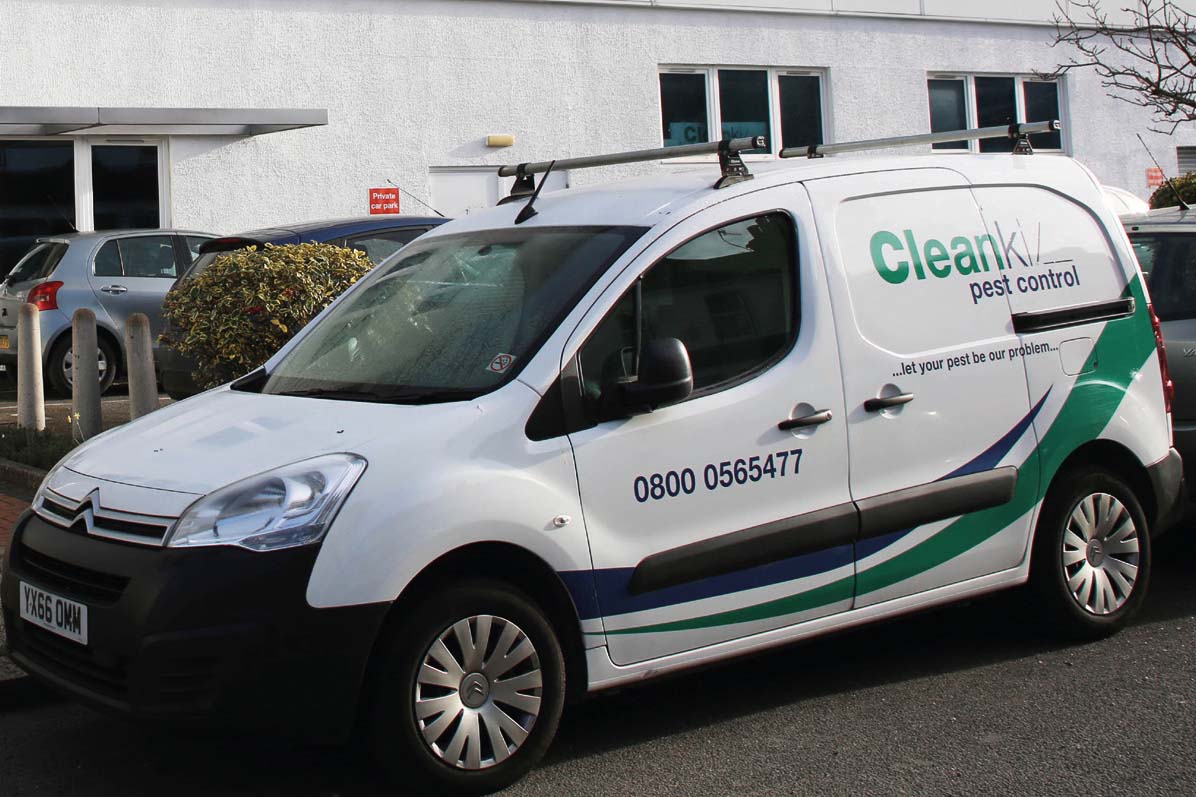
It is estimated that before the Covid pandemic only 15% of UK businesses regularly borrowed money and analysis from British Business Bank at the end of the Coronavirus Loan Scheme (July 2021) showed UK businesses had benefited from 1,670,939 government guaranteed loans, worth a combined £79.3bn.
Clearly many more businesses have had to take on debt and financial support, perhaps for the first time, to help them through the last two years and many will be repaying this debt for years to come.
Our research, (Shaping your future report, November 2021) showed that 36% of businesses we surveyed reported lower cash reserves in Q4/21 than when entering the Covid pandemic and 20% of businesses that have borrowed from government-backed loan schemes have not been able to or do not expect to be able to repay that money.
There will be a number of businesses now with both ongoing and new borrowing requirements, especially as trading in some sectors will continue to face some level of disruption (being, supply chain, labour and logistics) but now also rising costs of fuel, labour, materials and any uncertain outcomes following the events in Ukraine.
If you then factor in three consecutive UK interest rate rises, then the cost of borrowing for many will also rise. Some UK lenders are also reviewing business lending criteria. It is important therefore to put yourself into the best position if you do need to borrow and to understand what you need to do as a business if you want to borrow and/or maintain that ability to borrow or secure credit, on favourable terms.
Along with financial forecasting and putting robust business plans in place, looking at some more practical steps such as improving your business credit score is vital.
With all this in mind, all businesses need the ability to secure credit, whether this is through conventional banking services, alternative forms of finance, or terms agreed with suppliers.
For the growing number of businesses reliant on credit, proving your financial stability is crucial in helping you to achieve your full growth and development plans, as well as allowing you to make the best use of new opportunities and markets as they arise. Understanding your business credit score and the ways you can build strong financial foundations is an important starting point.
Your business will need to show a proven track record of generating revenue and profit, and the way the business is run will be considered. Good character will be taken into account; for example, paying invoices on time, avoiding building debts, and managing bad debtors. Creditors will also look for previous director insolvency or business failure as personal credit scores of company officers will have an impact.
Your business SIC code will play a large role in determining your credit score so although your business may have had a particularly good year, the industry that you are in may have been affected negatively (for example retail during the pandemic) and this will have a negative impact on your credit score.
Businesses that survive their first year will see a rise in their credit score with it plateauing after about five years. However, the types of credit currently held and applications for new credit can have both positive and negative impacts on the overall credit score.
In the UK there are five credit agencies that issue company credit scores, and they all work on different algorithms. One business can end up with five completely different scores and five very different suggested credit limits, so it is important to find out which suppliers use which agency.
You will never be penalised for checking your credit score so checking reports across agencies regularly is a good idea. It can also help pick up any fraud.
Benefits of a good business credit score:
• Longer contractual terms – leading to better working capital
• Enhanced business reputation
• Improved credit terms and relationships with suppliers and clients
• Reduced security deposits
• Better access to funding and lower interest rates
• Lower price bandings due to reduced risk
If you would like to find out your business credit score; discuss the implications of that score on your ability to borrow, secure tenders or negotiate credit terms with suppliers, or find out ways to improve your credit score, get in touch with our Grants and Funding team.
Rachel Emmerson can be contacted by email at rachel.emmerson@krestonreeves.com
Visit www.krestonreeves.com/shapingyourfuture or call us on 0330 124 1399.





